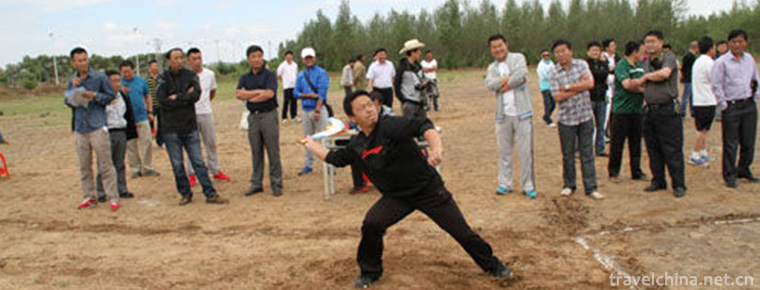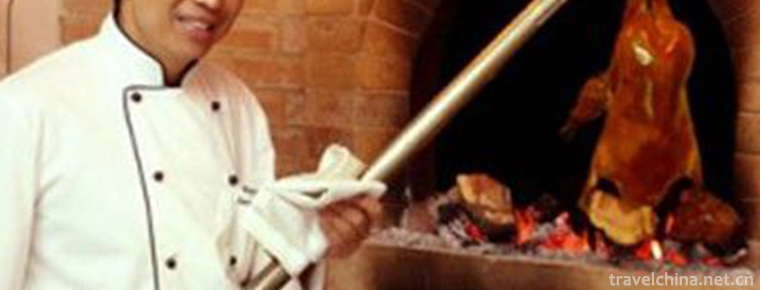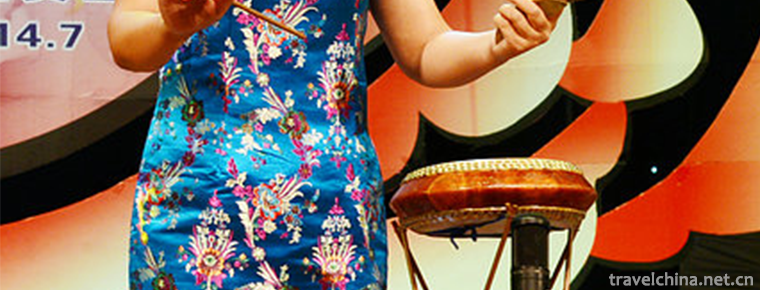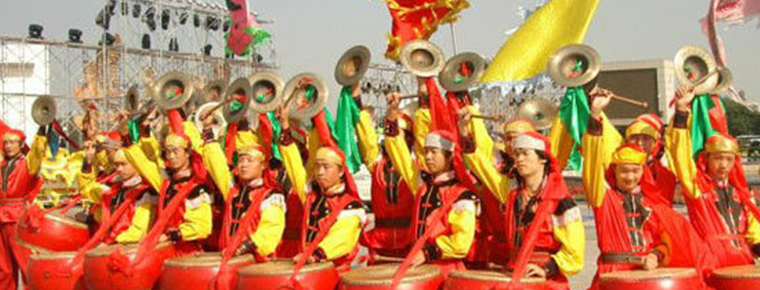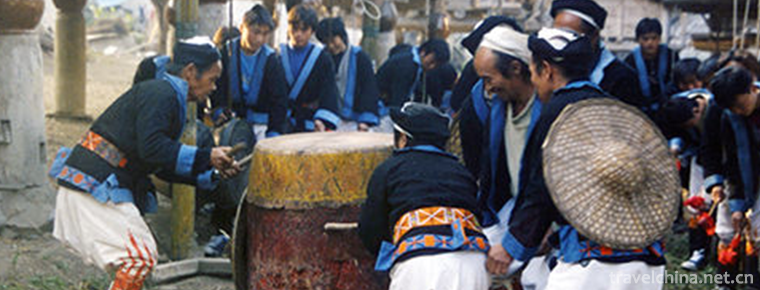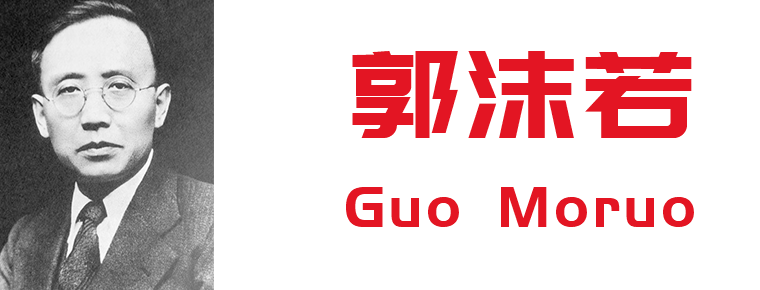University Of International Business And Economics
University Of International Business And Economics
The University of Foreign Economic and Trade is a national key university directly under the Ministry of Education. The first batch of "211 Project" and the first batch of "double first-class" construction universities are located in Chaoyang District, Beijing. The campus planning is exquisite and the environment is elegant. It is one of the important bases for talent training and scientific research in the cause of socialist economic construction in China.
The school, formerly the Senior Business Cadre School, was founded in 1951 and is under the dual leadership of the Central Ministry of Trade and the Ministry of Education. In 1952, the Central Ministry of Trade was abolished and the school was assigned to the Ministry of Foreign Trade under the dual leadership of the Ministry of Foreign Trade and the Ministry of Education. In 1953, the school was renamed Beijing Foreign Trade College, under the leadership of the Ministry of Foreign Trade entrusted by the Ministry of Education. In 1954, the Department of Foreign Trade of Renmin University of China merged into the Beijing Foreign Trade College, which established the Beijing Foreign Trade College on the basis of the Beijing Foreign Trade College. In 1984, the school was renamed University of Foreign Economics and Trade. In June 2000, the former China Institute of Finance and the former University of Foreign Economic and Trade merged to form a new University of Foreign Economic and Trade, which is directly under the Ministry of Education. In December 2010, the Ministry of Education and the Ministry of Commerce formally signed an agreement to jointly build the University of Foreign Economics and Trade. Jiang Qingzhe, the current Secretary of the Party Committee, and Xia Wenbin, the principal of the school.
After several generations of arduous entrepreneurship and hard struggle of teachers and students, the University of Foreign Economic and Trade has developed into a university with six major categories: economics, management, law, liberal arts, science and engineering, with the advantages of international economy and trade, law (international economic law), finance, business administration, foreign languages (business foreign languages) as its discipline characteristics. Multidisciplinary University of Finance, Economics and Foreign Languages. At present, the school has two national key disciplines, one national key research base of Humanities and social sciences, one strategic research (cultivation) base of the Ministry of Education, one research center of education strategy and planning, seven key disciplines of Beijing and one philosophy and society of Beijing. There are 1 scientific research base, 4 post-doctoral mobile stations, 7 doctoral points of first-level disciplines, 10 master's points of first-level disciplines, 12 authorization points of professional master's degree and 46 undergraduate majors.
The school has more than 1600 faculty members, including more than 1000 full-time teachers. The school also employs a certain number of part-time teachers and foreign experts. This is a place where there are many outstanding professors and young and middle-aged teachers. A large number of experts and scholars who have received special government allowances and have been employed as members of government academic institutions work in the front line of teaching and research; most young and middle-aged teachers have studied abroad or studied abroad, and have a high level of teaching and scientific research. Many of them have been rated as provincial and ministerial discipline leaders and backbone teachers, and have been selected into the national outstanding personnel training project.
There are more than 16,000 students in the school, including 8,300 undergraduates, 5,200 postgraduates and 2,400 overseas students. The students trained by the school have been widely welcomed by the society for their solid professional knowledge and skills, skilled foreign languages, active thinking and strong practical ability. Graduates are spread all over the country in the fields of foreign trade, finance, accounting, education and scientific research, as well as state organs and Chinese business institutions stationed abroad, to serve our economy and society. Exhibition, especially the development of economic and trade undertakings, plays an important role.
Schools'academic research occupies an important position in the field of foreign economic and trade research in China, with more than 130 research units, of which China's WTO Research Institute is the only national key research base of Humanities and social sciences to study the World Trade Organization. The total amount of literature in the school library is more than 1.9 million copies. The University sponsors and publishes a variety of academic journals, among which international trade issues, Journal of International Business University of foreign economic and trade, Japanese learning and research, Journal of WTO and China, etc. enjoy high academic status. The School Publishing House publishes more than 100 books every year and enjoys a high reputation in Colleges and universities. The school is also one of the bases for training senior economic management cadres. It has many senior on-the-job training institutions entrusted by the government or jointly organized with foreign countries.
The school took the lead in setting up the school board in November 1989. Li Lanqing was the first president of the school board, Rong Yiren and Huo Yingdong were honorary chairmen, and Wu Yi was the second chairman of the school board. In September 2011, the third session of the school board elected Shi Jianjun as the third chairman of the school board, and Shi Guangsheng, Liu Hongru and Chen Yuan as honorary chairmen. The establishment of the school board of Trustees has played an important role in the construction and development of the school.
In the process of development, schools have received wide attention and support at home and abroad: government agencies, entrepreneurs, consortiums, large companies and so on have donated funds or scholarships to schools, and many internationally renowned multinational enterprises have become sponsors of schools. At present, more than 20 scholarships, awards and fellowships have been set up by social forces in schools, while more funds have been set up at the faculty level. The university has established cooperative relations with more than 280 famous universities and research institutes in 51 countries and regions, such as the United States, Britain, France, Germany, Japan, Russia, Italy and Australia, and has continuously carried out foreign exchanges and cooperation, which has made the University of Foreign Economic and Trade more distinctive in running schools for the world.
Facing the new situation of realizing the goal of building a well-off society in an all-round way and speeding up the socialist modernization construction in the new era, the school advocates the idea of pursuing excellence and creating excellent products, adheres to running excellent universities, controls the scale of running schools, runs characteristic universities, takes the road of connotation development, characteristic development and modernization development, and strengthens the international construction. Setting up and focusing on the cultivation of compound talents, the construction of world-class universities with distinctive characteristics is a long-term vision and historical mission.
(The above statistics are as of March 1, 2019. )
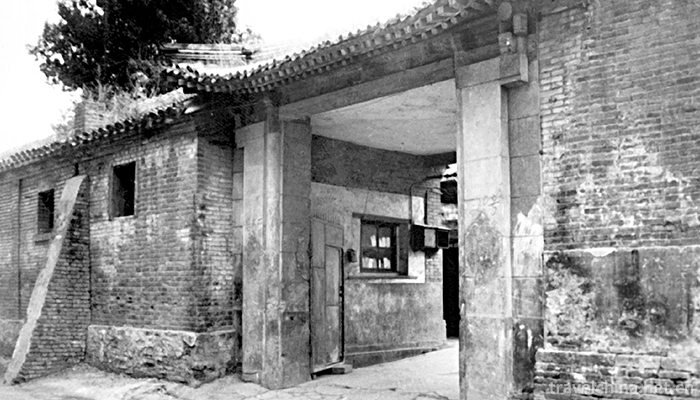

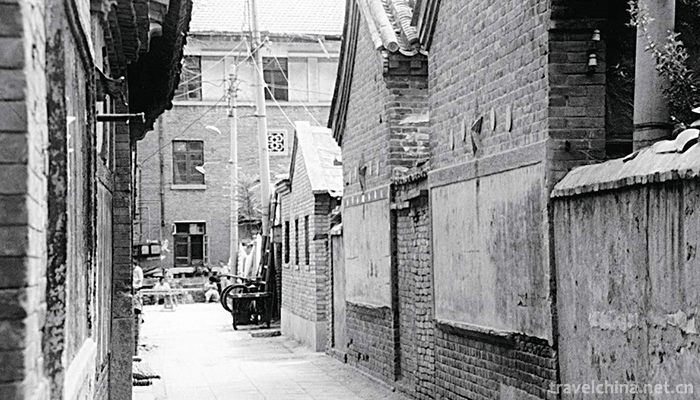
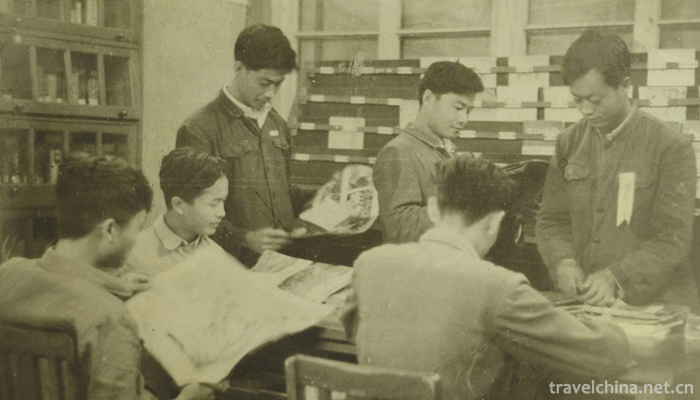
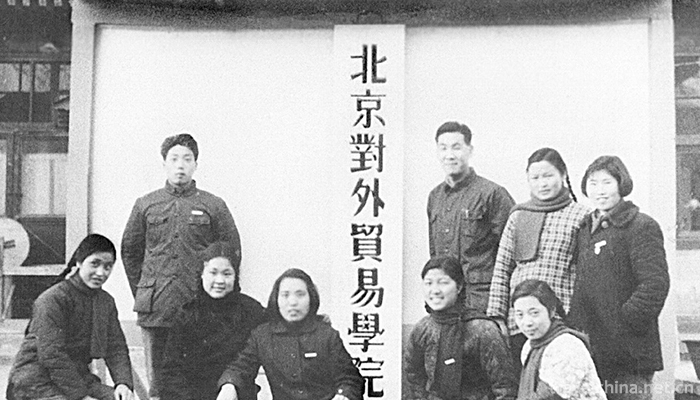
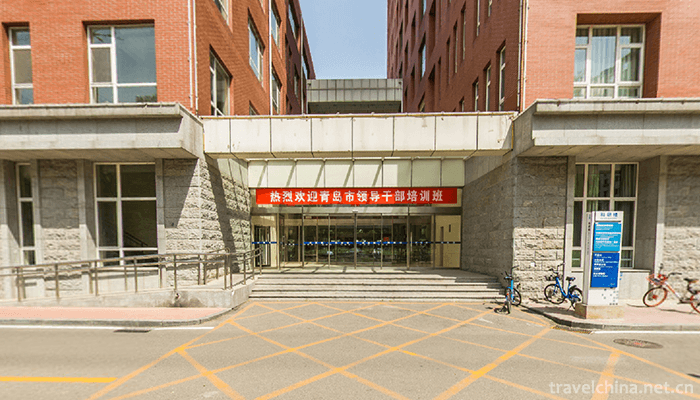
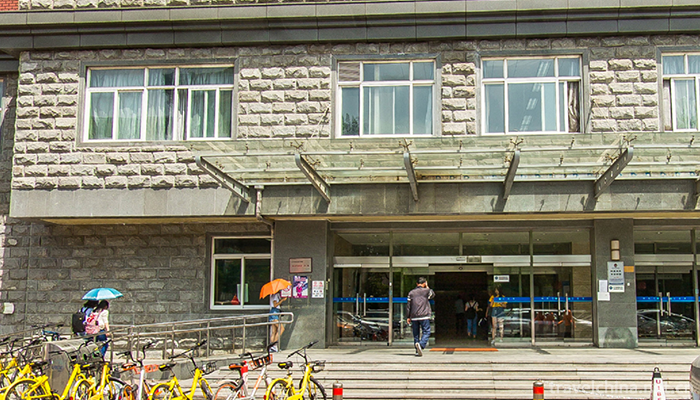
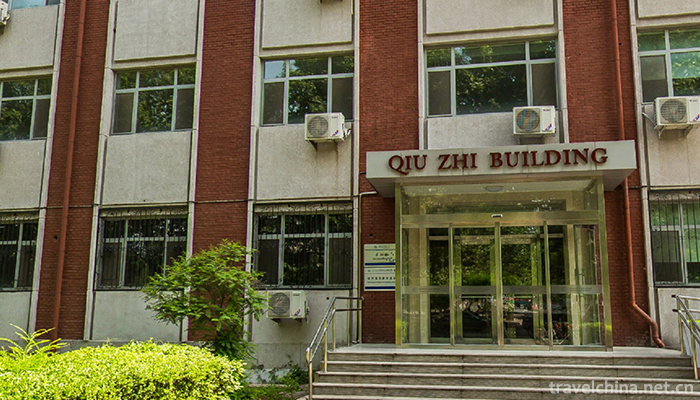
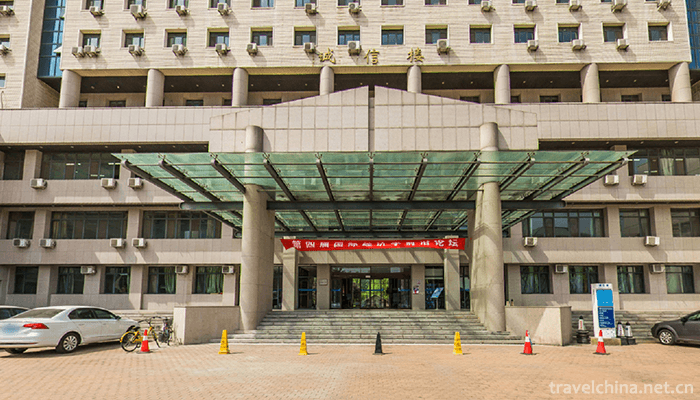

University Of International Business And Economics
-
Nanning Zoo
Nanning Zoo, located at 73 East University Road, Nanning City, was built in 1973. It was officially opened to the outside world in 1975 with a total area of 39.1 hectares. It receives more than 1 mill
Views: 194 Time 2018-12-27 -
Bru
Bru, Mongolian means throwing. Competitions are divided into two categories: long throw and accurate throw, mostly held in festive festivals. The long throw is to decide
Views: 477 Time 2019-04-04 -
Roast duck skills
Quanjude hanging oven roast duck is a local traditional handicraft in Beijing. Quanjude Roast Duck Restaurant, a well-known old Chinese brand in Beijing, was founded in 1864 by Yang Quanren.
Views: 208 Time 2019-05-08 -
Leting drum
Music Pavilion Drum is a representative form of traditional music drum book and drum music in northern China. It is widely spread in eastern Hebei, Beijing, Tianjin and northeastern Liaoning, Jilin, H
Views: 301 Time 2019-05-11 -
Gong and Drum Art
Gong and drum art can be roughly divided into Yunsheng Gong and drum, Zhongzhou big drum, Ezhou brand gong, Xiaohe Gong and drum, Hanggu flying gong, Changshan battle drum, Taiyuan Gong and drum, Liji
Views: 382 Time 2019-05-15 -
Manchu Folk Stories
Liaoning is a region where Manchu people have formed, risen and grown up. It contains extensive and profound Manchu cultural relics and connotations. Manchu folktales originated from the Manchu people
Views: 131 Time 2019-05-18 -
Monkey Drum Encouragement of Yao Nationality
"Monkey Drum Dance of Yao Nationality" is called "Jiuglang" in Yao language. It is popular among Baiku Yao people in Yaoshan. "Monkey Drum Encouragement" is performed in
Views: 147 Time 2019-07-11 -
Guo Moruo
Guo Moruo (1892 1978), formerly known as Guo Kaizhen, the word Ding Tang, the warrior, the baby name leopard, the pseudonym of Mo, Michael, Guo Dingtang, Shi Tuo, Gao Ruhong, Yang Yi and so on. Born i
Views: 221 Time 2019-09-07 -
Luoji Mountain Scenic Spot
Luoji Mountain scenic area is located in Puge County, Sichuan Province, with a total area of 2400 square kilometers, of which the main scenic area is 1083 square kilometers, and the main peak is 4359 meters above sea level.
Views: 123 Time 2020-10-16 -
Neijiang geographical environment
Neijiang City is mainly hilly, surrounded by low mountains in the southeast and southwest. About 90% of the hills are between 350 and 450 meters above sea level. The geological structure is a part of the Neocathaysian subsidence zone with small fold fault scale
Views: 116 Time 2020-12-16 -
Education in Neijiang
By the end of 2019, there are 1170 schools at all levels in Neijiang City, with 570100 students and 39400 teaching staff. There are 689 kindergartens with 88900 students; 274 primary schools with 205400 students; 137 junior high schools with 126400 students;
Views: 369 Time 2020-12-16 -
Dazhou highway
Dazhou is one of 179 main hubs of highway transportation in China and one of 12 regional secondary hub cities in Sichuan Province. It is a secondary logistics center city in national layout planning and an important logistics hub city in Western Chin
Views: 229 Time 2020-12-20

